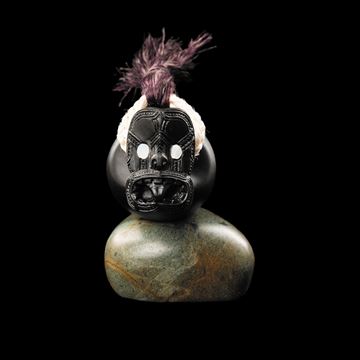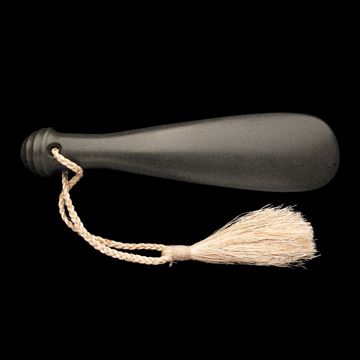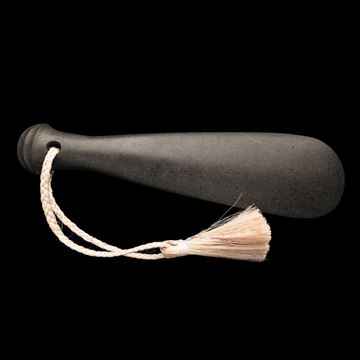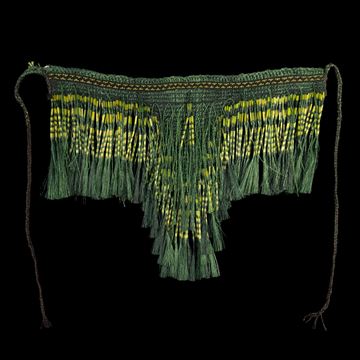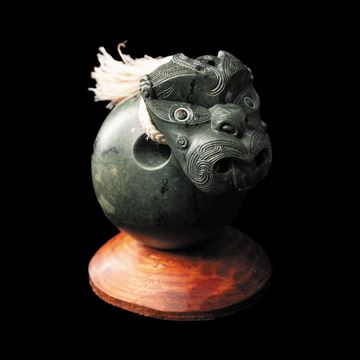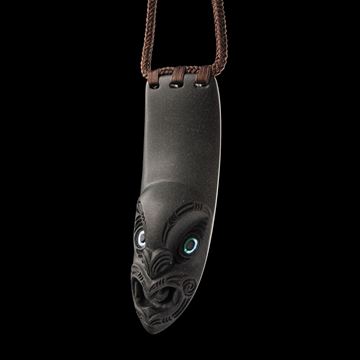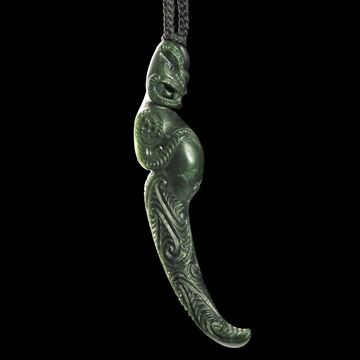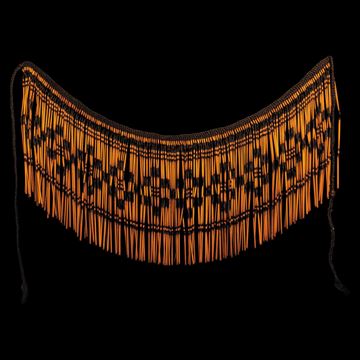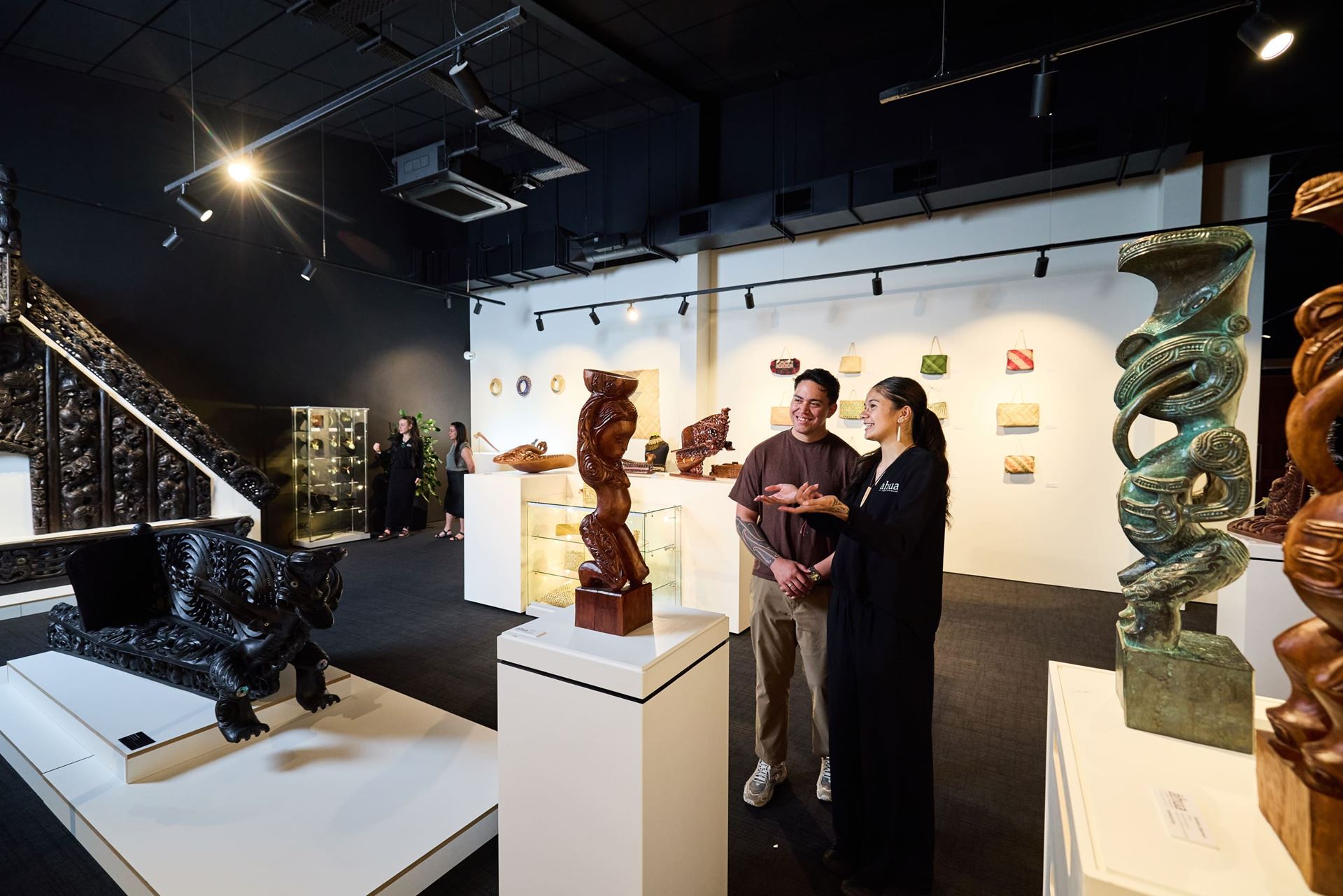
Āhua Gallery
Select Subcategory
Māhē - 4503HW
Māhē are sinker stones used to weigh down fishing nets.
Material: Otaua
Measurements: 70mm X 50mm x 50mm
$1,250.00
Patu Onewa - 5382IA
Patu (meaning to strike or hit) were typically fashioned from native hardwood, whalebone or stone, including our highly valued pounamu (greenstone). Patu were often sharp at their forward edge and were used with thrusting, jabbing and swinging blows.
Māori weapons are notable for their fine sculptural form and were designed for close hand-to-hand combat. No other stone-age war implements surpassed them in deadly effectiveness.
Material: Onewa (NZ Greywacke)
Measurements: 380mm x 93mm x 28mm
$1,300.00
Patu Onewa - 5461MA
Patu (meaning to strike or hit) were typically fashioned from native hardwood, whalebone or stone, including our highly valued pounamu (greenstone). Patu were often sharp at their forward edge and were used with thrusting, jabbing and swinging blows.
Māori weapons are notable for their fine sculptural form and were designed for close hand-to-hand combat. No other stone-age war implements surpassed them in deadly effectiveness.
Material: Onewa (NZ Greywacke)
Measurements: 370mm x 96mm x 45mm
$1,300.00
Maro - 4905TE
The maro is a frontal apron tied around the waist and is a traditional garment that is worn by both men and woman. This maro has been fashioned with strands of muka fibre within the flax.
Material: Harakeke & Muka
Measurements: 680mm x 480mm
$1,395.00
Māhē - 4504MA
Māhē are sinker stones used to weigh down fishing nets.
Material: Waiarohia Pakohe
Measurements: 80mm x 57mm x 58mm
$1,450.00
Rei Puta - 5271IA
The mark of a high Chief was one who wore the Rei Puta (whale tooth pendant), as the teeth of the Sperm Whale were highly prized because of their rarity. With actual whale teeth being such a rarity, it became common to fashion the tooth form from other materials.
Material: Onewa (NZ Greywacke)
Measurements: 137mm x 41mm x 31mm
$1,750.00
Aurei - 5473MA
Aurei were customarily used as a pin for fastening cloaks and may be made from bone, stone, wood or shell. They may also have been worn through the ear as an earring or around the neck as a pendant. Aurei are still commonly worn as pendants and earrings and as with most Māori personal adornments, are often passed down generationally.
Material: Pounamu (Kawakawa)
Measurements: 135mm x 28mm x 17mm
$1,800.00
Piupiu (Tāne) - 5832RW
The word 'piupiu' means 'to swing’ and is also the name for a skirt with free-hanging strands. Piupiu can be worn either around the waist or across one shoulder. They were made in many types of material and styles.
Material: Harakeke & Muka
Measurements: 1100mm x 420mm or 43 inches
$1,890.00

